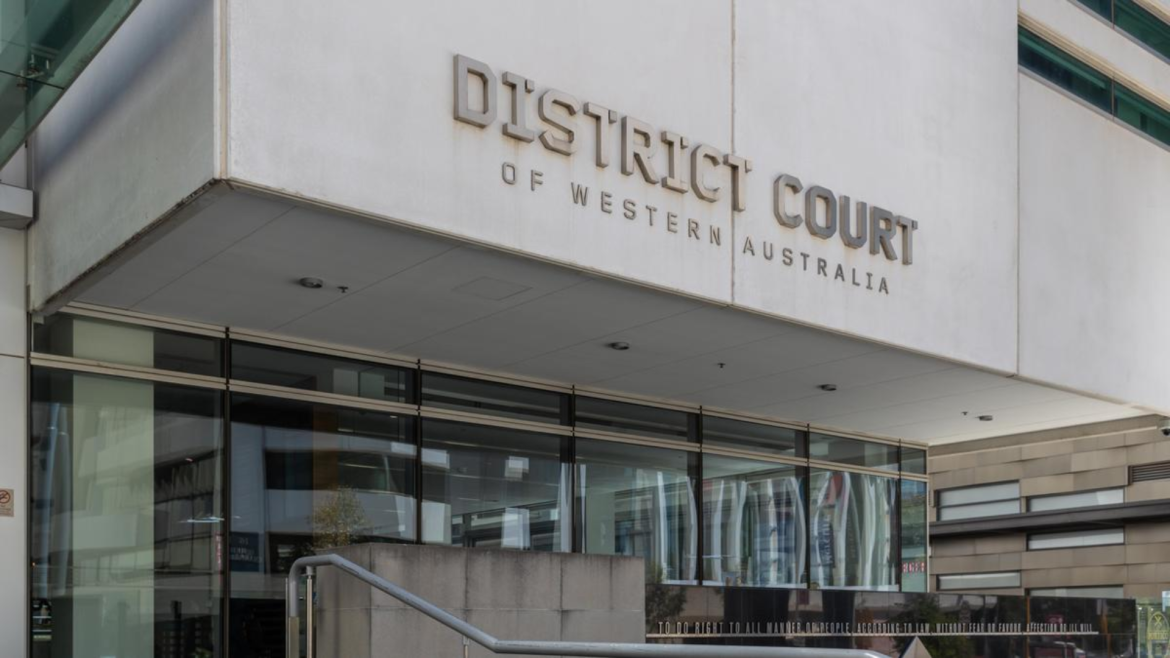Engaging a Lawyer After Business Hours: Why It Matters and How to Get Help in Perth
Legal emergencies don’t always happen during business hours. Whether you’re facing an urgent criminal matter or need immediate legal advice, finding a lawyer outside standard office hours is crucial. At WACriminalLawyers.com.au, we understand the importance of timely legal assistance and are here to explain how you can get help when you need it most.
Why You May Need an After-Hours Lawyer
Many legal situations can arise unexpectedly. Common reasons to engage a lawyer after business hours include:
- Arrests: If you’re arrested at night or during the weekend, having immediate legal representation can ensure your rights are protected.
- Urgent bail applications: Securing bail quickly can make all the difference, especially when a loved one is detained outside regular court hours.
- Police interviews: Sometimes police will request interviews late at night. Without legal counsel, you may say something that harms your case. Engaging a lawyer before speaking with police ensures you’re not caught off guard.
What to Expect from After-Hours Legal Assistance
Engaging an after-hours lawyer offers immediate help with critical legal issues. Experienced criminal lawyers are often available to provide:
- 24/7 legal advice: Ensuring you’re fully informed of your rights before interacting with law enforcement.
- Representation at police stations: If you’re arrested or brought in for questioning, an after-hours lawyer can meet you and offer immediate support.
- Bail applications: Filing urgent bail applications to help you avoid staying in custody overnight or through the weekend.
How to Find an After-Hours Lawyer in Perth
If you require legal assistance after hours, it’s crucial to contact a law firm with dedicated 24/7 services. Firms like WACriminalLawyers.com.au have systems in place to respond to urgent requests and provide help when it matters most.
To ensure you receive fast assistance:
- Call immediately: Most firms offering after-hours services have dedicated phone lines for emergencies.
- Provide key details: Share information such as the nature of the offence, your location, and whether you or a loved one is in custody.
- Follow up: Once you’ve engaged an after-hours lawyer, follow up with more detailed discussions during regular business hours for long-term planning.
Why Early Legal Help is Important
Getting legal assistance as soon as possible is essential for protecting your rights. Early intervention by a lawyer can:
- Prevent mistakes: Engaging a lawyer before speaking to law enforcement ensures you don’t unintentionally incriminate yourself.
- Provide timely advice: Whether you’re facing charges or being questioned by police, a lawyer can guide you on the best course of action.
- Help secure your release: In some cases, immediate legal help can speed up the bail process, minimizing time spent in custody.
Conclusion
Legal issues can happen at any time, and having access to an after-hours lawyer can make all the difference in protecting your rights and securing a favorable outcome. WACriminalLawyers.com.au offers around-the-clock legal support to ensure you get the help you need, no matter when a legal emergency arises.



